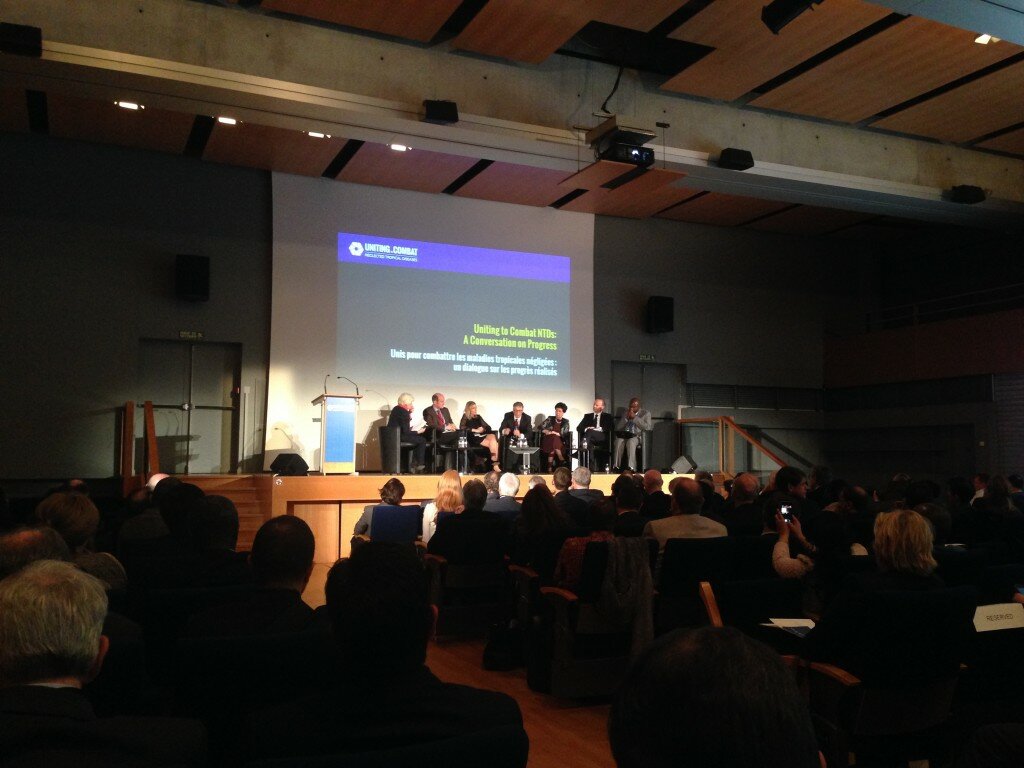 According to the World Health Organization (WHO), an estimated 873 million children are at risk of soil-transmitted helminths (STH), including roundworm, hookworm and whipworm. In children, STH infections can lead to malnutrition, anemia and stunting. In both adults and children, they can cause fatigue, intense abdominal pain and chronic diarrhea. In severe cases they can even cause bowel obstruction, rectal prolapse and appendicitis.
According to the World Health Organization (WHO), an estimated 873 million children are at risk of soil-transmitted helminths (STH), including roundworm, hookworm and whipworm. In children, STH infections can lead to malnutrition, anemia and stunting. In both adults and children, they can cause fatigue, intense abdominal pain and chronic diarrhea. In severe cases they can even cause bowel obstruction, rectal prolapse and appendicitis.
To improve health and development in infected communities and reduce the prevalence of neglected tropical diseases (NTDs), WHO aims to control STH and schistosomiasis by 2020. Meeting this goal requires regularly deworming at minimum 75 percent of the preschool-age and school-age children who are at risk of STH or schistosomiasis. To ensure such an ambitious global goal is met, it is paramount that ministries of health, WHO and non-governmental organizations (NGOs) coordinate and share data.
WHO operates the Preventive Chemotherapy and Transmission Control (PCT) Databank, which tracks the number of children given PCT for STH, schistosomiasis and three other NTDs. The databank is populated largely by information reported by ministries of health and helps policymakers and implementers understand where deworming programs are active and where more interventions are needed to meet the WHO target of controlling STH and schistosomiasis by 2020.
However, gaps in the PCT Databank have become apparent. The 2013 STH preschool treatment data was recently revised when supplementary data was submitted by UNICEF. This data caused a 104 percent increase in the recorded number of preschool-age children treated for STH. Clearly, better coordination is needed to ensure the global community meets 2020 goals.
To facilitate better coordination among WHO, ministries of health and NGOs, the Global NGO Deworming Inventory collects data from NGOs administering deworming treatments for STH and schistosomiasis. The data are compiled into a single database with disease-specific information by Children Without Worms (CWW).
After the data are compiled, WHO will merge the CWW database with national program data provided by ministries of health to the PCT Databank. This effort will make deworming dollars go even further by strengthening program monitoring and leading to an efficient use of resources. Ultimately, it will be an important step in controlling STH and schistosomiasis.
You can learn more about the Global NGO Deworming Inventory — and implementers can submit their data — at http://www.deworminginventory.org.




